Are you ready to streamline your patient history verification process? In today's fast-paced healthcare environment, having a reliable template can save you time and ensure accuracy in patient records. This guide will help you create a comprehensive letter that effectively communicates your needs while maintaining a professional tone. Let's dive in and explore how to craft the perfect template for your patient history verification process!
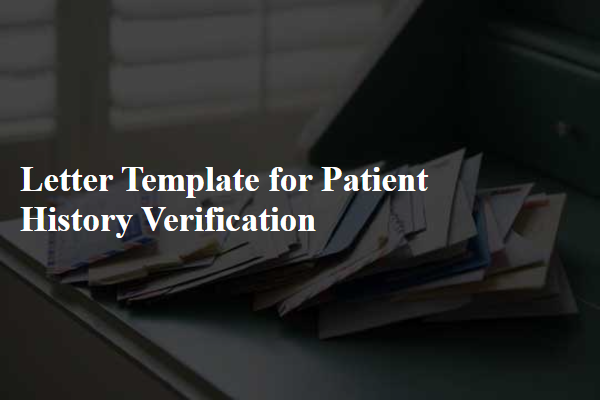
Patient Information Details
Patient information verification is crucial in ensuring accurate medical records. Essential details include the patient's full name, date of birth, and contact information, such as telephone number and email address. Additionally, medical history must encompass previous diagnoses, allergies, and current medications, which may influence treatment options. Insurance details, including provider name and policy number, also play a vital role in verifying coverage for medical services. Emergency contact information of at least one individual is necessary for critical situations. Finally, consent for obtaining and sharing this data must be documented to comply with healthcare regulations.
Medical History Overview
Medical history verification plays a crucial role in ensuring accurate patient care. Comprehensive patient records include previous illnesses, surgeries, allergies, and medications. This information is essential for preventing adverse drug interactions and making informed treatment decisions. In outpatient settings such as community clinics, the verification process often involves reviewing documentation from primary care physicians or specialists. Key details like the patient's last visit date, chronic conditions like diabetes or hypertension, and relevant family medical history can significantly impact ongoing treatment plans. Successful verification enhances communication between healthcare providers and improves overall patient safety in medical settings.
Treatment and Medication Records
Patient history verification is crucial for ensuring continuity of care in medical settings. Accurate treatment and medication records provide vital information regarding previous diagnoses, ongoing treatments, and any allergies (such as penicillin or sulfa drugs) the patient may have. These records must include detailed documentation of prescribed medications (like Metformin for diabetes or Lisinopril for hypertension), dosages, and duration of treatment, enabling healthcare providers to make informed decisions. Additionally, any past surgeries (including appendectomy or hip replacement) and previous interventions must be noted to assess the patient's health status accurately. This information can be obtained from a patient's electronic health record (EHR), which must be updated regularly for effective management of patient care.
Previous Healthcare Provider Contacts
When seeking to verify a patient's history, contacting previous healthcare providers is essential for accurate medical records. This includes gathering information from hospitals, clinics, or specialists that the patient visited. Contact details of providers may include names, locations (like New York or Los Angeles), phone numbers, and patient IDs. Requesting specific medical records, such as surgical history, immunization records, and medication lists can lead to comprehensive insights into the patient's health status. Timely responses to these verification requests can improve continuity of care, ensuring that any ongoing treatment uses the latest health data available.
HIPAA Compliance and Consent
Patient history verification requires adherence to the Health Insurance Portability and Accountability Act (HIPAA) to ensure the confidentiality and secure handling of patient information. Healthcare providers must obtain explicit consent from patients before sharing medical records. Every consent form should include details about the patient's identity, the purpose of information sharing, and the entities involved, such as healthcare providers or insurers. Verification may involve confirming past treatments, medications, allergies, and demographic details. Additionally, providers must ensure that all electronic communications comply with HIPAA's privacy and security standards, safeguarding sensitive data against unauthorized access. Consistent documentation of consent is crucial for accountability and legal protection.

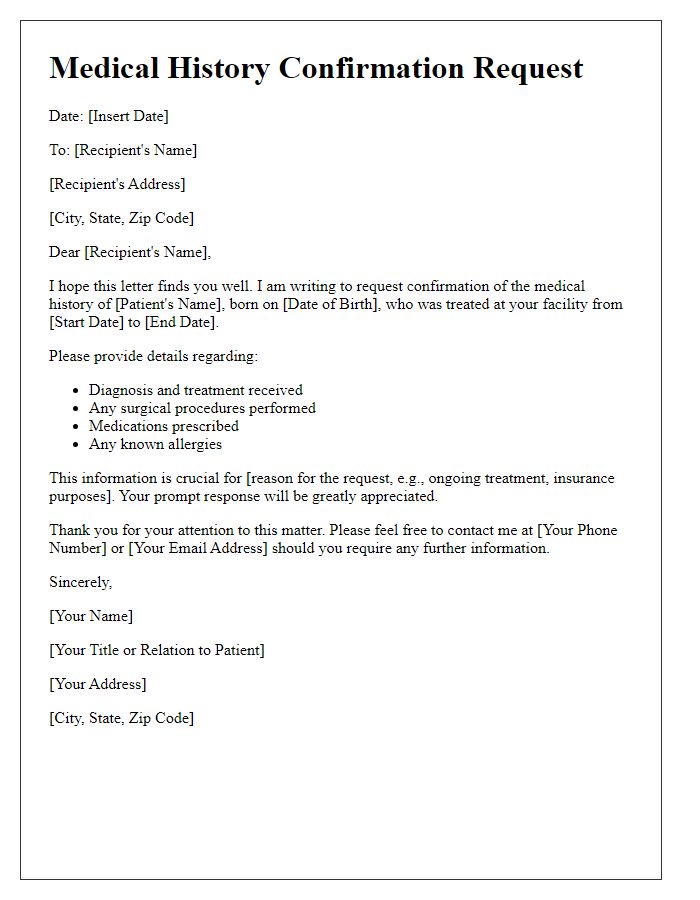
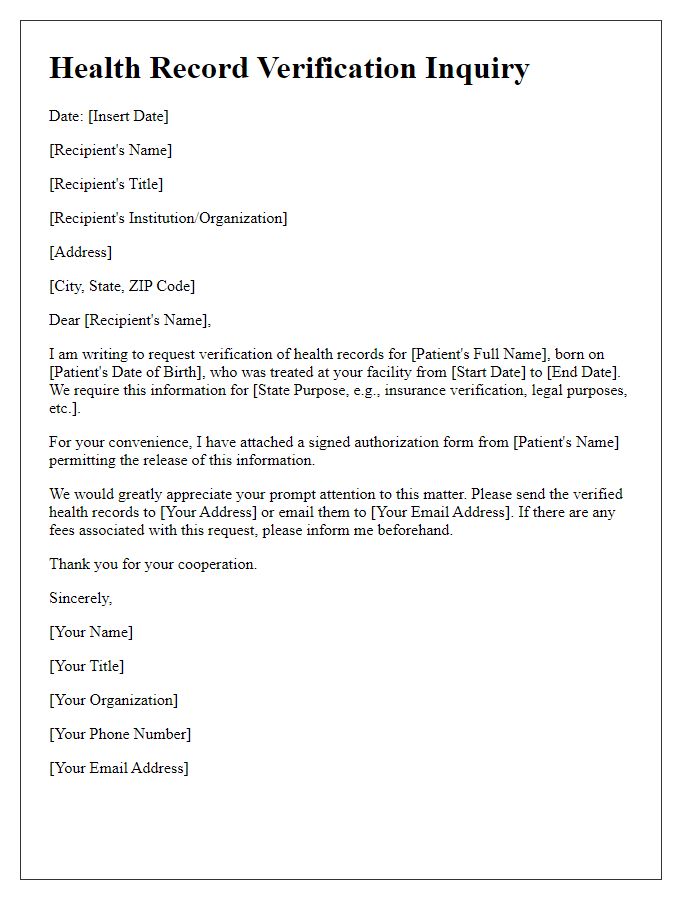
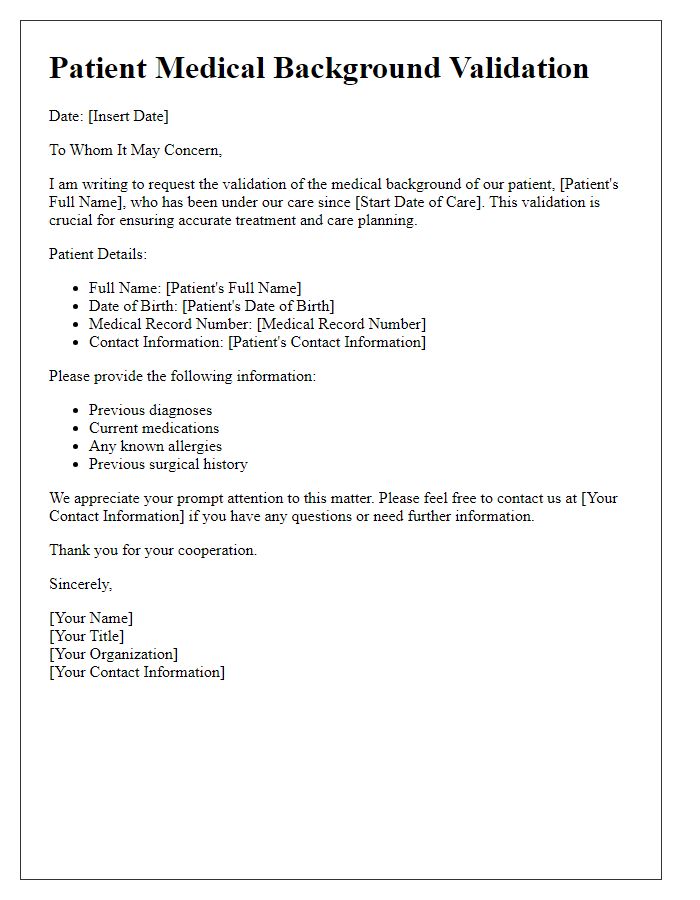
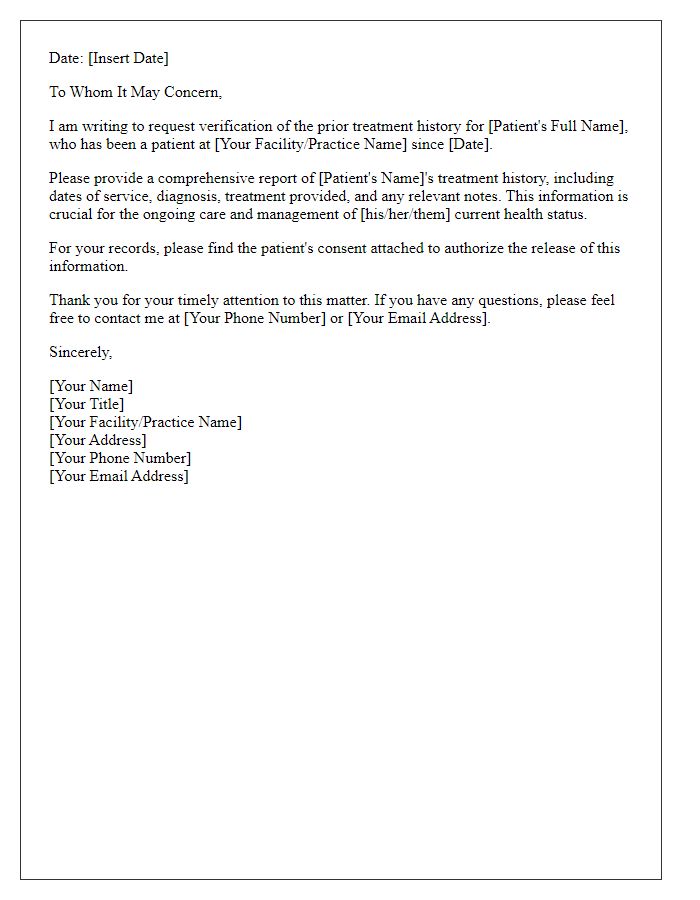
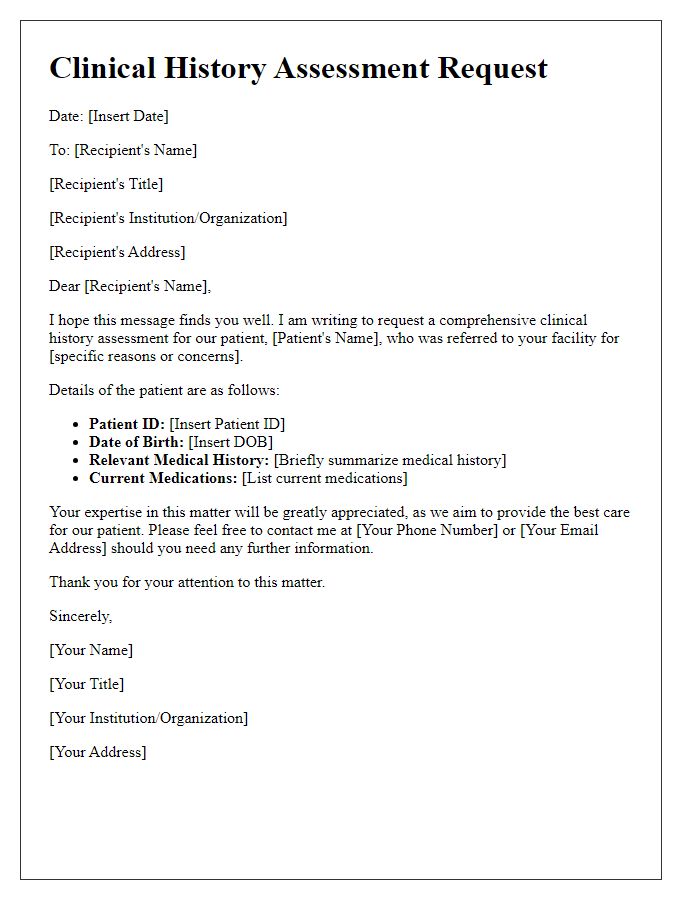
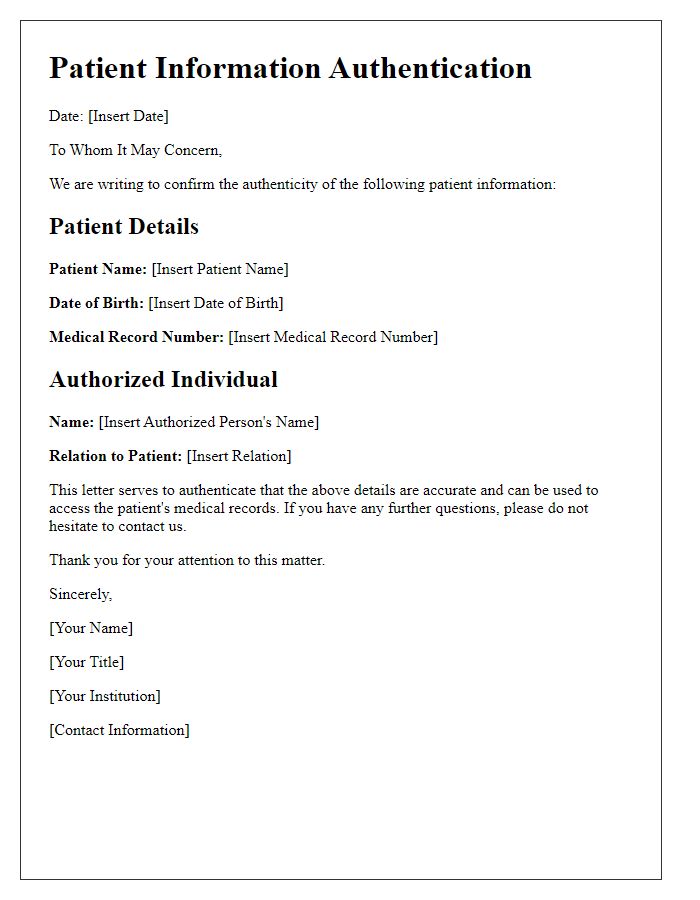
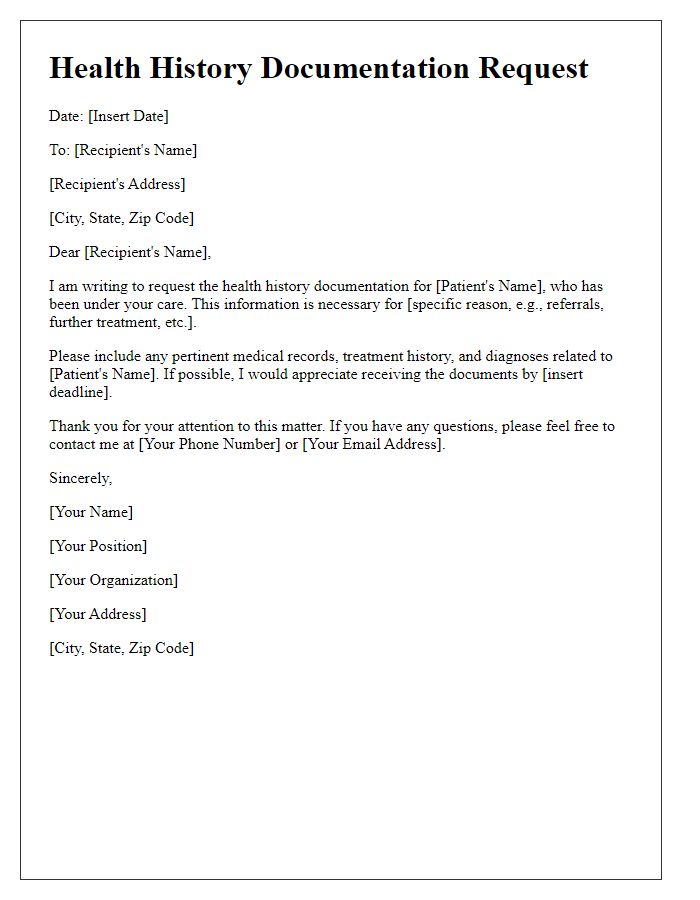
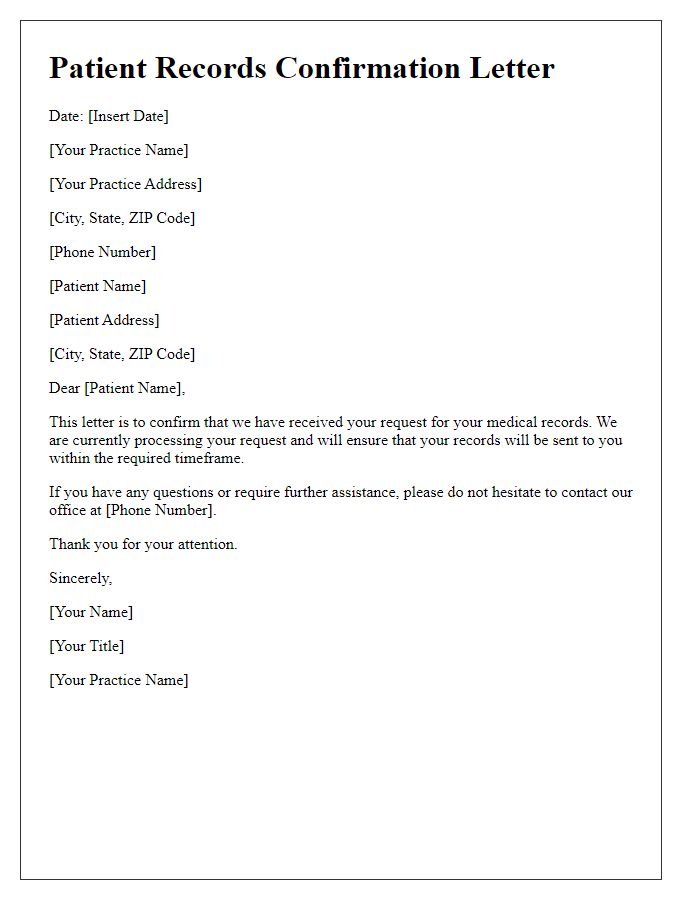
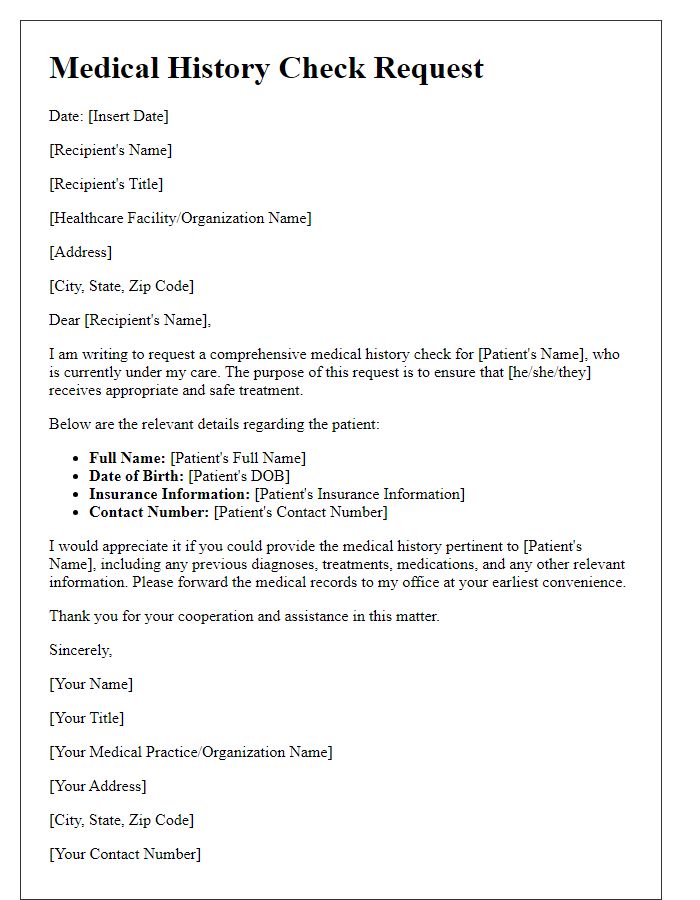
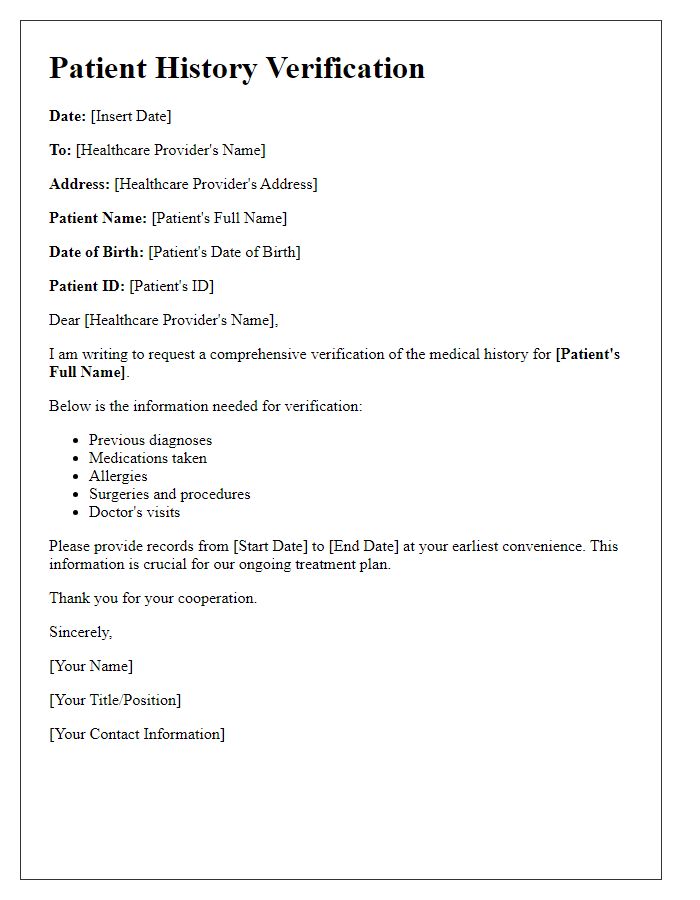

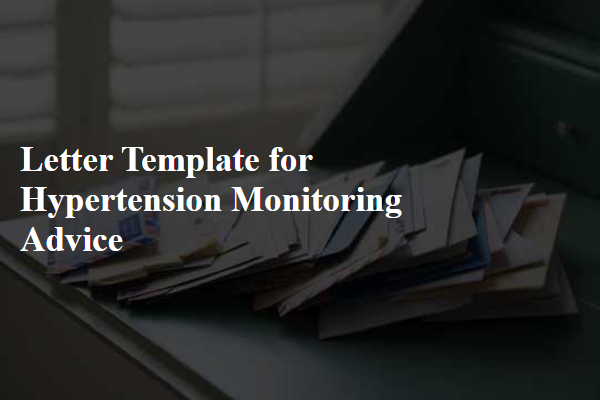
Comments